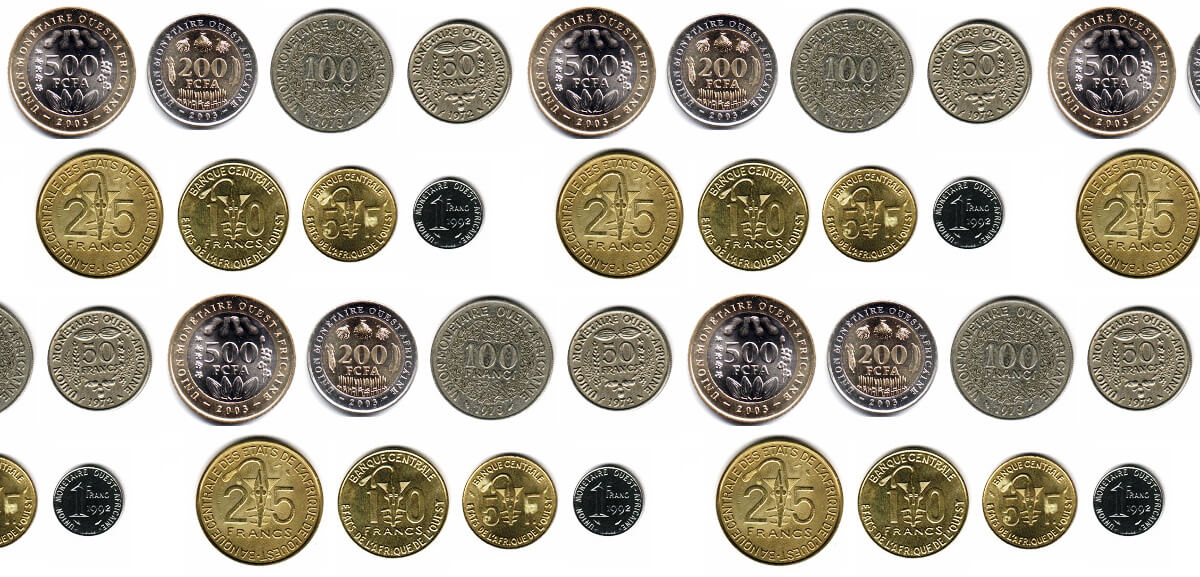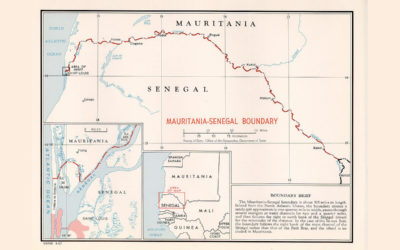It’s a testament to the extreme knowledge void with respect to West Africa, that I’ve been asked on several occasions whether or not the region has banks. So let’s get this out of the way now: if you are anticipating some kind of primordial world where financial transactions take place in cowry shells, you might as well set up shop in a museum somewhere.
There are banks in West Africa. There are ATMs.
Before going any further, it’s important to note this post covers the topic of money logistics on a general level. For more specific information on the city or country that you will be visiting, you will want to check out the country guides.
That said, the following information is relevant to most places in West Africa.
Should you travel with cash or a debit card?
A back-up supply of cash in USD or Euros is never a bad idea, but you will rely heavily on your debit card when traveling in West Africa. Carrying around a large wad of cash is risky wherever you are in the world, and there is no point in doing so if ATMs are accessible.
ATMs can be found in major cities and towns. In smaller villages and rural areas, you are unlikely to come across them. Keep this in mind if you are planning to hit the countryside.
When it comes to MasterCard and Visa, Visa is the better choice nine times out of ten. In fact, in some countries, it may be particularly difficult to find an ATM that accepts MasterCard. I had this problem in 2010 in Ghana, Cote d’Ivoire and Mali. While it wasn’t impossible to find an accommodating ATM, I sometimes lost half a day and a considerable amount in cab fares trying to find one.
Mobile Money
If you’ll be in any country for a significant length of time, it might be worth setting up a mobile money account. It requires a passport and only takes a few minutes to set up, and serves as a sort of digital wallet that you access through your phone, managed by one of the many telecom companies in West Africa (almost all of which have mobile money services).
You can store money on your account, and send or receive payments to others who have accounts easily. You will have a secret PIN to access your money, so even if your phone is lost or stolen your account is safe. If your SIM card is lost, you can recover your account at a telecom store with your ID.
To withdraw money from your account, all you have to do is fine a mobile money vendor and ask for the amount you want. He’ll enter something in his phone, and you’ll have to confirm from your phone and then enter your secret PIN and he’ll hand over the cash. Sending money works similarly, but if you have cash on your account, you can send cash to someone else straight from your phone.
What offers the best exchange rate, ATMs or cash?
In almost every case, an ATM will give you a better exchange rate than an exchange bureau. That’s because their rates are closely pegged to the actual exchange rates, while change bureaus typically factor their commission into the rate.
What about ATMs malfunctioning and stealing your debit card?
You may have a problem with an ATM here or there, either because it’s out of money or because it’s simply not working. I have heard of rare instances where someone has lost a card in the machine, in which case they had to deal with the bank in order to retrieve it. Again, this can vary from country to country.
On more than one occasion (in Mali and in Cote d’Ivoire), I have had money debited from my account while the machine gave me an error and did not spit out any money. In some cases, the money was promptly returned back into my account with a credit.
However, I have also dealt with a situation where the money was not immediately restored. I had to call my bank and they opened an investigation, which eventually returned my money. My bank (Schwab, an American bank) offered me a provisional credit for the full amount that had been withdrawn when I first filed my dispute.
Long story short: I’ve dealt with inconveniences but I’ve never lost money or a debit card from an ATM.
What about credit cards?
Credit cards are not accepted by most businesses. Exceptions include certain travel agencies, large hotels and many companies that have an international presence. A fee of at least 3% is often tacked on, and you may face additional fees from your credit card company.
There are not many good reasons to use a credit card in West Africa, and you certainly shouldn’t rely on them, but it’s not a bad idea to have one or two on hand in case of an emergency.
In 2022, credit cards are still not widely accepted at small businesses (depending on the country), but most large supermarkets and large hospitals accept credit cards, making a credit card on hand something that could make your life a lot easier in the case of medical problems or running out of cash.
Another case for mobile money: many businesses, even small roadside stalls, accept mobile money payments, making carrying cash on hand even less necessary. Even in instances where mobile money isn’t accepted, almost everyone has an account or a close family member who does.




0 Comments